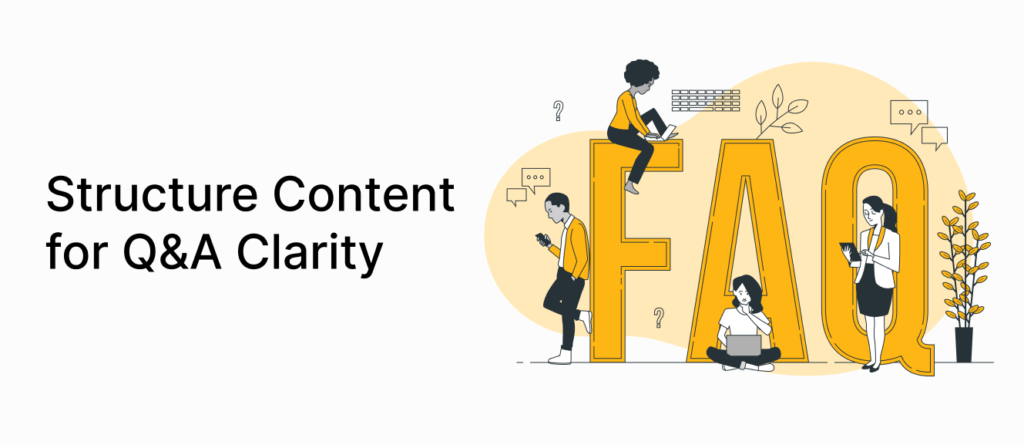As generative AI transforms the digital landscape, we’ve gathered insights from Founders and Chief Decision Makers on how to refine SEO strategies for the age of generative engines. From optimizing processes with AI supervision to creating unique, research-based data, explore the six expert strategies that are shaping the future of generative engine optimization (GEO).
Table of Contents
ToggleOptimize Processes with AI Supervision
Our works are done with AI, not by AI.
We’re focusing on using it to optimize processes:
- Research (content, keywords, backlinks)
- Ideation
- Analysis (I conducted an audit recently on our website’s content, and trust me, AI did a chunk of the work).
Of course, I had to supervise things and double-check to make sure it’s not hallucinating or being biased.
Jules Canlas, Founder, Embarque
Incorporate Personal Stories for Authenticity
I incorporate personal experiences and stories into my writing to ensure readers connect with authentic human content, avoiding the generic feel associated with AI-generated text, which many find unappealing.

This approach enhances the relatability and engagement of my writing, making it more compelling and trustworthy. Currently, AI is still unable to generate text that truly feels human-like, but things may change soon.
AL Tran, Realtor, Blogger, Author, DS Inspire
Prevent AI-Generated Content on Client Sites
I am primarily focused on making sure no AI-generated text gets onto my client’s websites. I have been vocal against this and have warned about it. Recent algorithm updates have shown that sites using AI-generated text as a primary content strategy will likely fall foul of a search engine’s checks.
This checking always had to happen after crawl time as a post-processing step, as it’s too computationally expensive to analyze at crawl time.
With the massive rise of AI content hitting the web, it presents a significant challenge for indexing and discovering useful content. Remember that Google’s mission is to organize the world’s information, and all of a sudden, a lot more information was being produced. Furthermore, it’s largely regurgitated and rehashed content that serves no real utility.
“Use with caution” is my message.
Trevor Stolber, Co-Founder, CTO, VibeLogic
Focus on Building Brand Mentions
In the last few weeks, I have been focusing more on building brand mentions to improve and increase brand visibility. Rather than just building backlinks for a site, the approach is now to do the same but with more focus on branded sites with established traffic.
I believe, over time, LLMs like Gemini & ChatGPT will pick up these mentions and hopefully consider these sites as “established brands” and showcase them in the overviews.
Praveen Kumar, Chief Decision Maker, Wild Creek Web Studio
Structure Content for Q&A Clarity

When it comes to generative engine optimization (GEO), content structuring is one of the most important aspects to focus on. Ensuring there is a clear question-and-answer-type structure to content can go a long way when bundled within your general SEO.
David Pagotto, Founder & Managing Director, SIXGUN
Create Unique, Research-Based Data
We’re focusing even more on creating unique data in an easy-to-understand way. AI needs strong sources that aren’t found anywhere, so if you’re able to invest in research that offers a unique perspective in a succinct way, then you’re more likely to appear—or be cited—in generative text.
Think surveys, interviews, even raw data. I wouldn’t be surprised if PhDs that are translated for the “common folk” will find their way into generative text soon.
Joshua Allerton, Founder, Hatch + Vox

